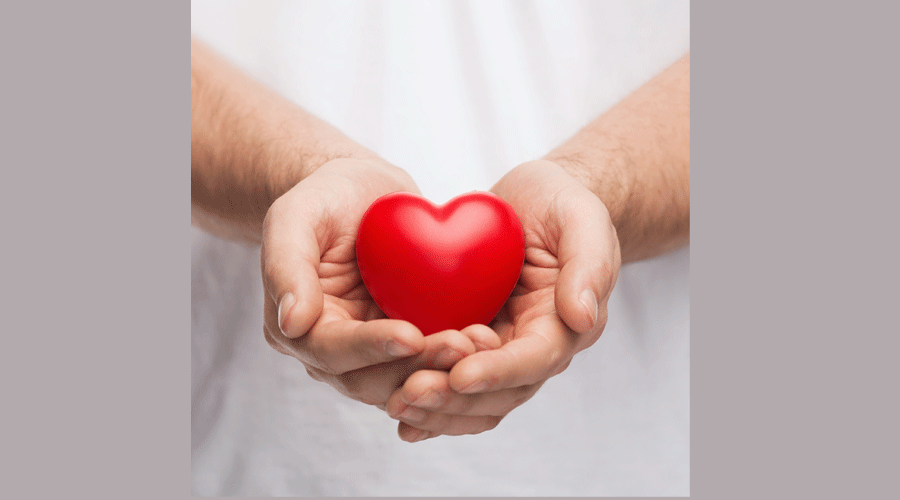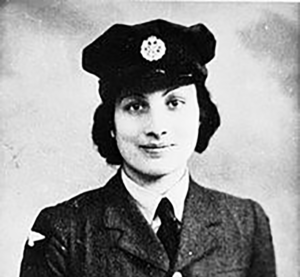The body is made up of many different organs, that together allow humans to live, although the heart is the most important organ. The heart is the main organ of the cardiovascular system, a network of blood vessels that constantly pumps blood throughout the body, keeping us alive. The heart is made up of four main sections also called chambers, the left and right atrium and ventricle. Blood comes into the right atrium from the body, moves into the right ventricle and is pushed into the pulmonary arteries in the lungs. After picking up oxygen, the blood travels back to the heart through the pulmonary veins into the left atrium, into the left ventricle and out to the body’s tissues through the aorta, the largest artery in the body. The heart pumps about 2,000 gallons of blood every day. The four chambers are made of muscle and powered by electrical impulses called the cardiac conduction system, which controls the rhythm of the heart. The brain and nervous system direct the heart’s function. The heart is located in the front of the chest. It sits slightly behind and to the left of the sternum or breastbone and is protected by the ribcage. The average heart is the size of a fist in an adult. Usually however, a man’s heart is slightly larger than a woman’s one. The average heart beats about 115,000 times each day, and can continue beating even when it’s disconnected from the body.
Over the years many advancements have been made in heart surgery. The first open-heart surgery occurred in 1893 over a 120 years ago. It was performed by Daniel Hale Williams, who was one of the few black cardiologists in the United States at the time. On the 10th July 1893, Williams repaired the torn pericardium, a fluid-filled sac that surrounds the heart, of a knife wound patient, James Cornish. Cornish, who was stabbed directly through the left fifth costal cartilage, had been admitted the previous night. As a response to continued bleeding, cough and pronounced symptoms of shock Williams decided to operate. He performed the surgery, without the benefit of penicillin or blood transfusion. About fifty days after the initial procedure, Cornish left the hospital. Another development was in 1958 when the first pacemaker was implanted. Arne Larsson, who received the pacemaker, lived longer than the surgeon who implanted it. Larsson died at 86 of a disease that was unrelated to his heart. Man may be able to repair and assist the heart but without a heart man cannot live.
The Bible has many references to the heart. One such is found in Proverbs chapter 4 verse 23 it says, Keep thy heart with all diligence; for out of it are the issues of life. Just as the physical heart is essential to man as it is the seat of all natural life. So is the spiritual heart essential to man. It is the spiritual seat from where all spiritual actions flow. When the heart is changed by the grace of the living God, then man will live a life of faith and holiness while on the earth. When the actions of men are regulated and denominated by a right heart, one changed by God’s grace, then his actions will be accepted by God because God has changed it. Has God changed your heart? Do you know what it means to have a heart ready for eternity?
P. Pilgrim pilgrimway101@yahoo.com




